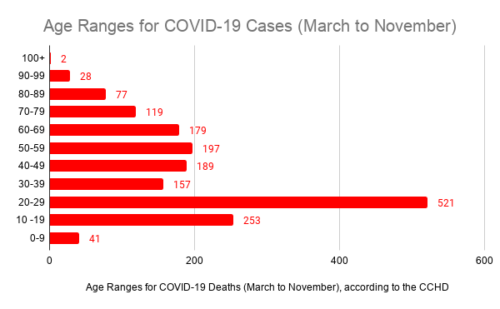Megan Reynolds
Opinion Editor
mreynolds12@murraystate.edu
“1917” is a World War I film released on Christmas Day of 2019 and, under the direction of Sam Mendes, attempts (and succeeds) to play out in one seemingly seamless shot.
The film follows the journey of two young English soldiers as they cross No Man’s Land and journey through enemy territory to deliver a message to Colonel Mackenzie (played by Benedict Cumberbatch). This message holds within it instructions to call off a mission that would lead 1,600 men into a trap laid by the Germans. One of those 1,600 men is the brother of one of our main characters.
“1917” has won and is up for numerous accolades, taking home Golden Globes for Best Motion Picture – Drama and Best Director. The National Board of Review and the American Film Institute have named it among the top ten films of 2019. It won seven awards at the British Academy Film Awards, three awards at the Critics’ Choice Awards and has received ten nominations at the Academy Awards.
With an all-star cast and some of the most extravagant cinematography film has seen in a long while, how could it be expected to do any differently?
How ironic that a film displaying the horrors of war could be described as “extravagant” and “beautiful.” The New York Times, The Ringer and The Rolling Stones have all offered praises to a film that depicts, quite graphically, a body scattered battleground, a bloody war, a story of fear and survival and hope.
Make no mistake, the film is amazing, moving and incredibly well done. Mendes, with the help of stories from his grandfather, Alfred Mendes, and his co-writer, Krysty Wilson-Cairns, has woven together a film deserving of the awards it has earned.
Is it possible, though, that films such as “1917” have glorified and romanticized the idea of war to a people who should strive for peace?
War has always been a movie concept; in every country and every genre, war manages to make an appearance. François Truffaut, a French film director, actor, film critic, producer and screenwriter, knew the dangers this posed.
“I find that violence is often very ambiguous in movies,” Truffaut said in a 1973 interview with The Chicago Tribune. “For example, some films claim to be anti-war, but I don’t think I’ve really seen an anti-war film. Every film about war ends up being pro-war.”
Every war film promotes going to war. People rave about the movie they watched, glorifying what they have seen, glorifying the war, the bloodshed, the pain.
“Schindler’s List,” “American Sniper,” “Dunkirk,” “Lone Survivor,” “Hacksaw Ridge,” “Zero Dark Thirty,” and “Fury” to name just a few of the war films the movie industry has released. Even “Kong Skull Island,” the most recent version of King Kong, depicts wartime, with a large portion of the cast acting as United States soldiers during the Vietnam War.
Each film has left some sort of impact on its viewers, and many have won numerous awards and world renown.
I advise caution in the future. Try to be self-aware.
As someone who came out of the theater raving about “1917,” my hope from here on out is that we are all more conscious of the consequences of war. The havoc it can wreak on individuals, families, communities and countries is not something to beautify or glorify.
It is something to remember, to respect and to avoid.


































































































